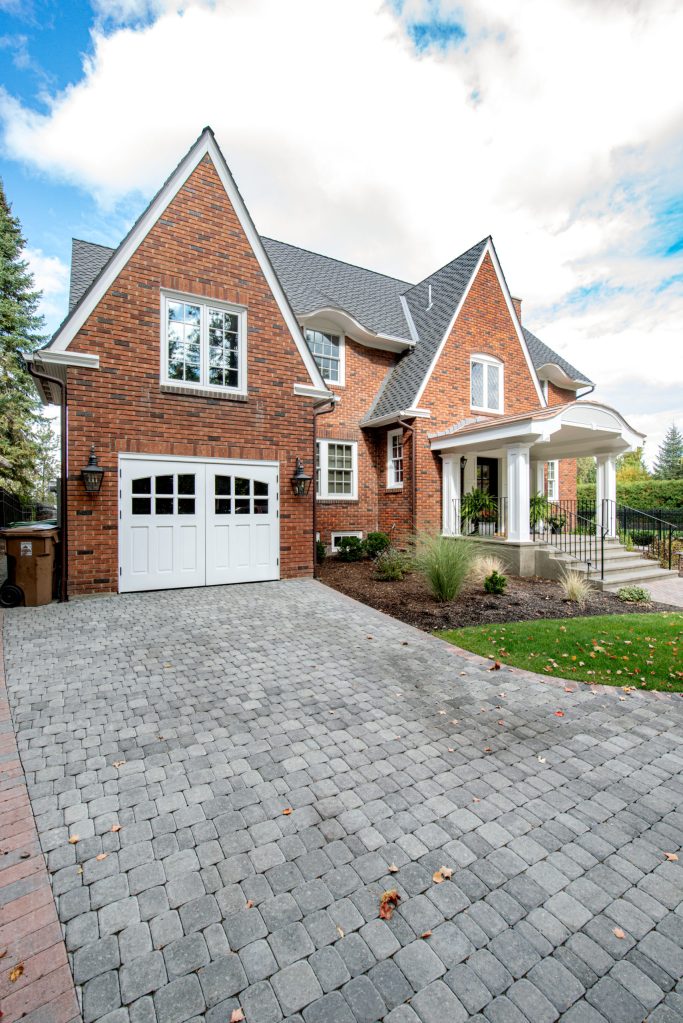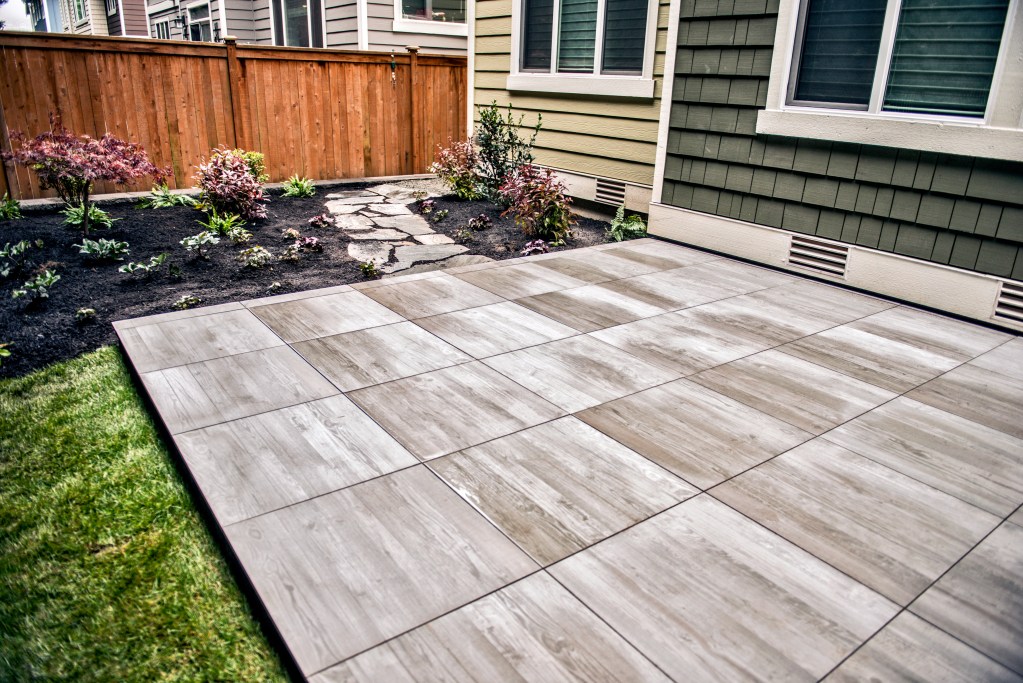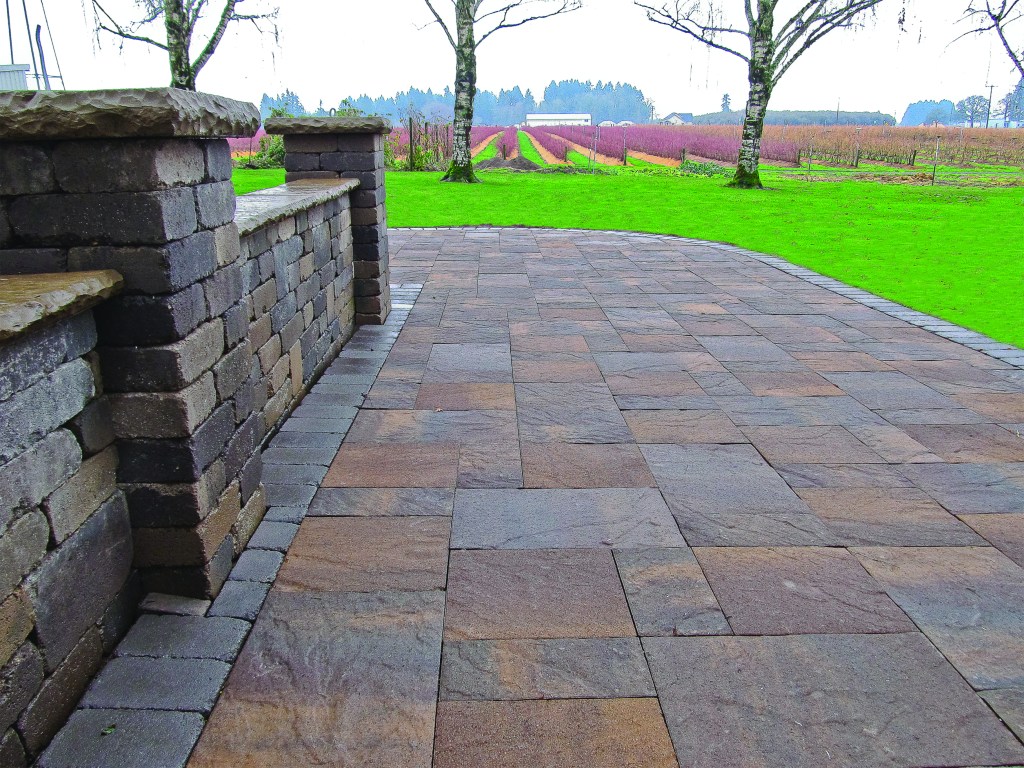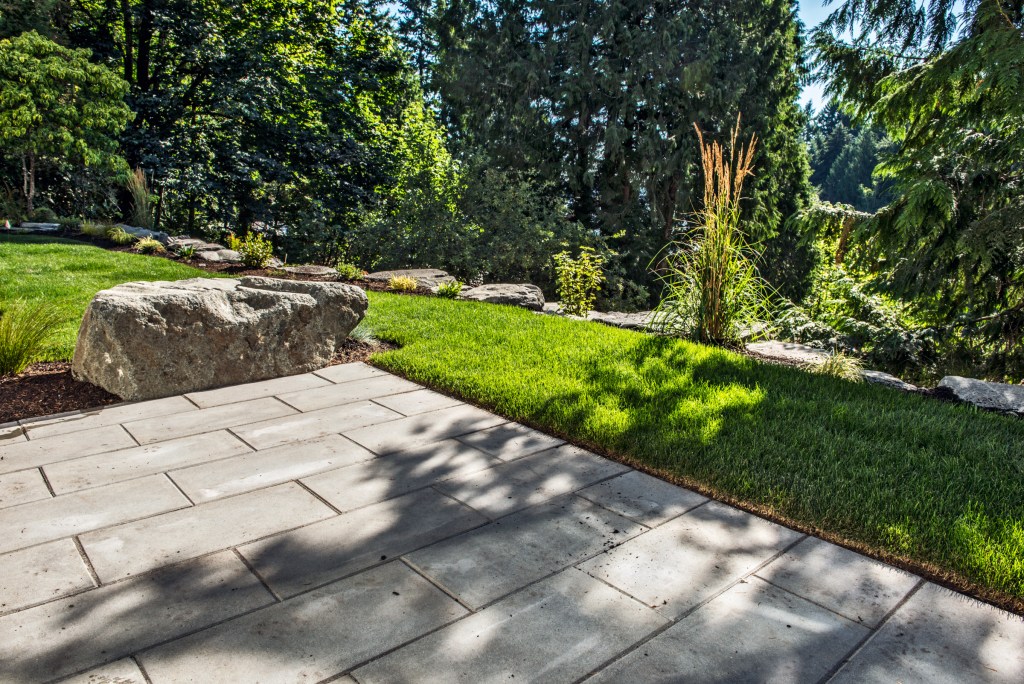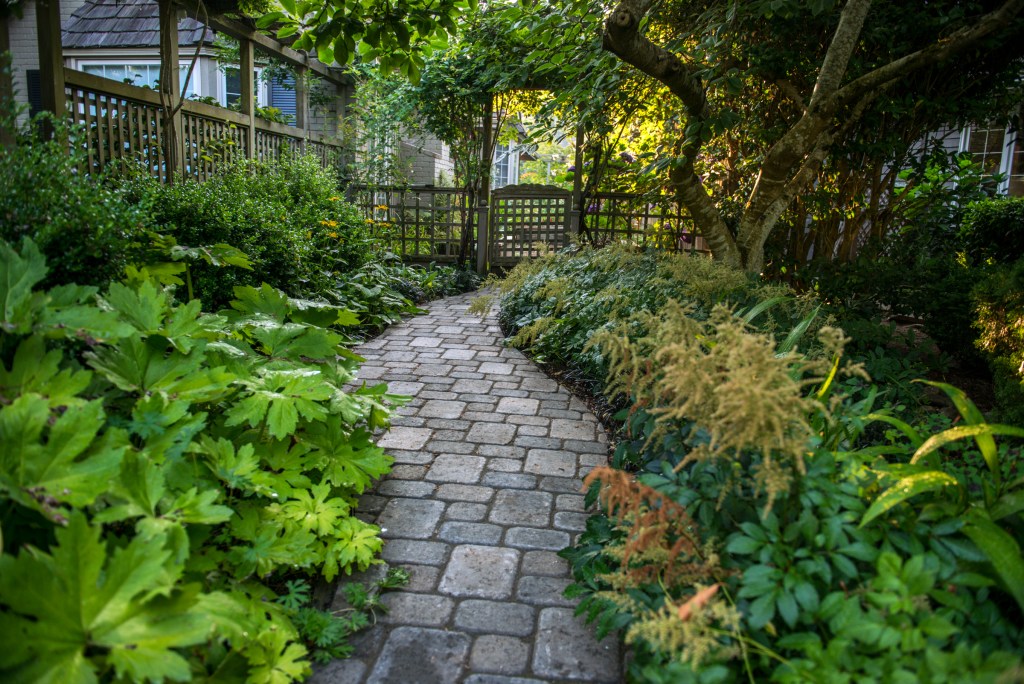Seattle Driveway Construction: What You Need to Know
Building a driveway in Seattle isn’t just about laying down concrete or asphalt—it’s about making sure your driveway stands up to rain, lasts for years, and enhances your home’s curb appeal. Whether you’re considering concrete, asphalt, pavers, or gravel, the right choice and proper installation will save you time and money on future repairs.
Here’s what you need to know to get the best results.
Why a Well-Built Driveway Matters
- Boosts Curb Appeal – A well-designed driveway enhances your home’s appearance and value.
- Prevents Drainage Issues – Proper grading and materials prevent water pooling and flooding, which are common in Seattle.
- Lasts for Decades – A strong foundation and durable materials mean fewer repairs and lower maintenance costs.
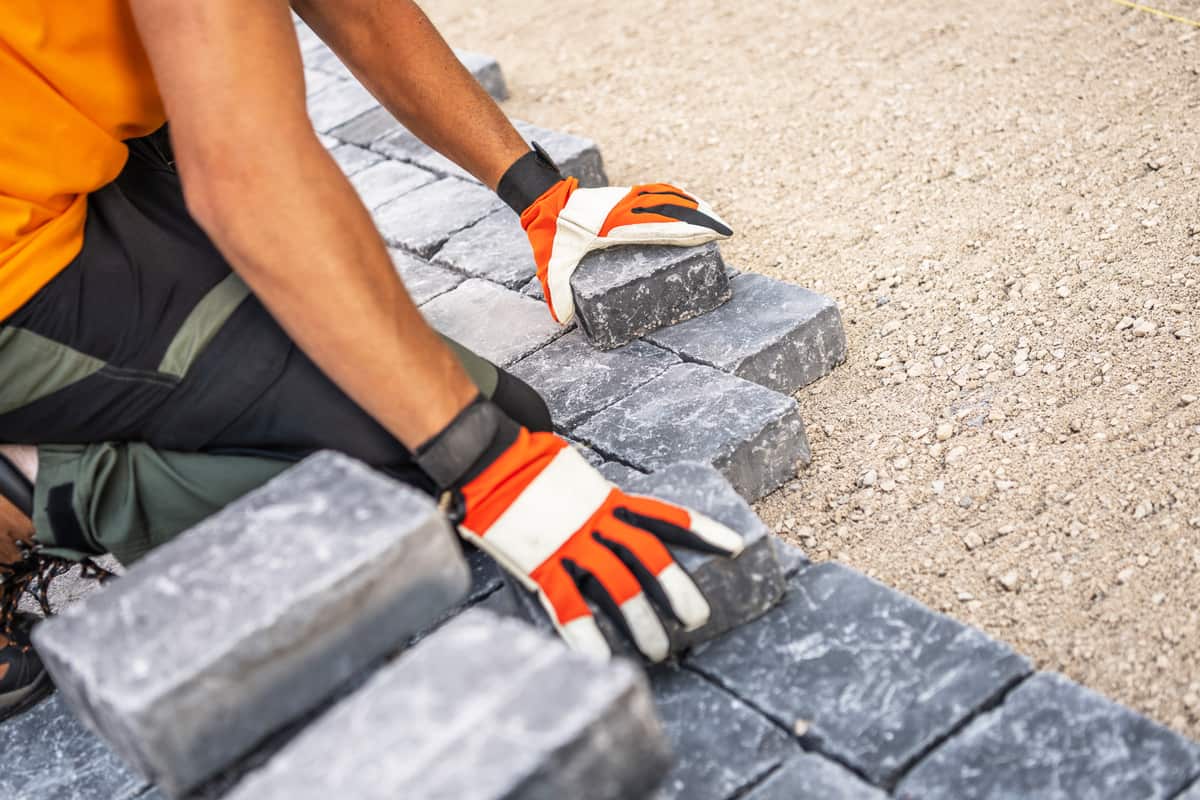
How We Build a Durable Driveway
Step 1: Planning & Permits
Before any work begins, we determine the best location for your driveway and check local regulations for necessary permits. Some areas may have specific rules on width, materials, and drainage.
Step 2: Excavation & Base Preparation
We clear the area and dig out the foundation, removing any soft or unstable soil. Then, we lay down 4–8 inches of compacted gravel to create a strong base that helps with drainage and stability.
Step 3: Installing the Surface Material
Depending on your choice, we install concrete, asphalt, pavers, or gravel, ensuring proper thickness and leveling.
Step 4: Finishing & Sealing
Concrete is smoothed and cured, asphalt is rolled and compacted, and pavers are locked in place. If needed, we apply sealer to protect the surface from moisture and wear.
Best Driveway Materials for Seattle Homes
Concrete




Asphalt




Pavers




Gravel




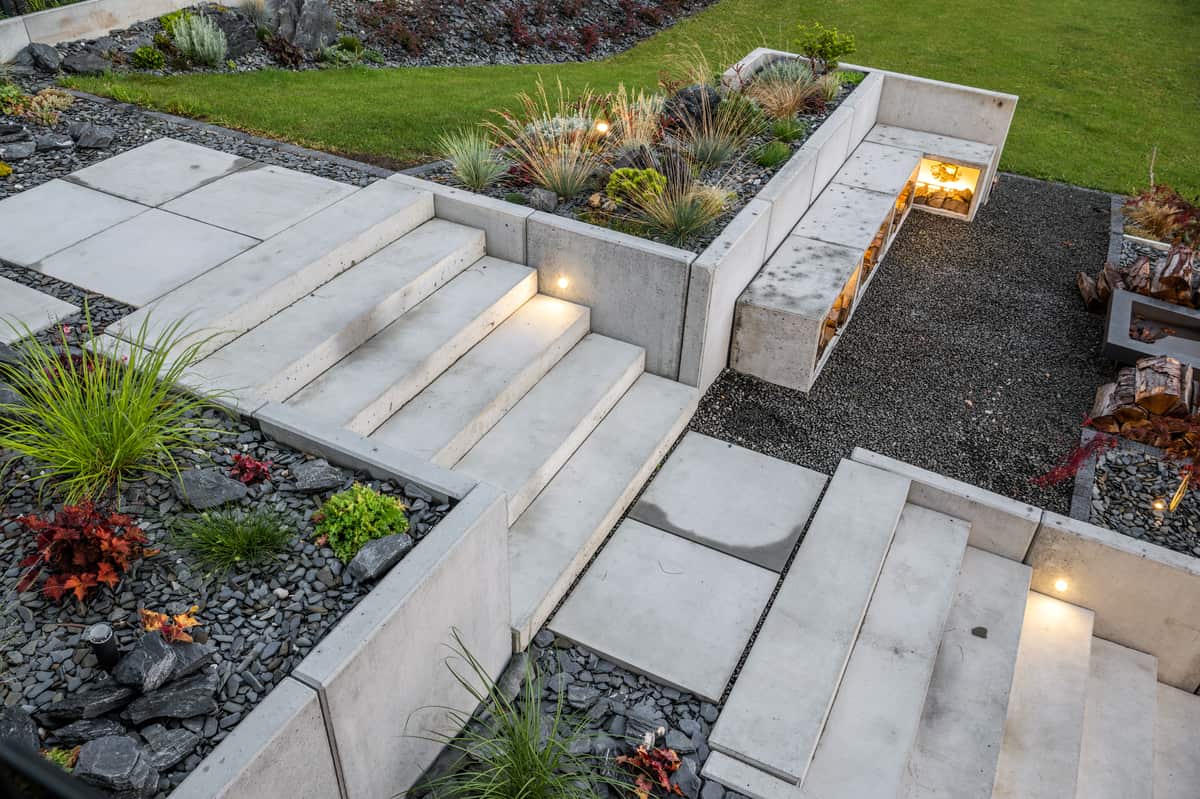
Key Considerations for Seattle Driveways




Ready to Upgrade Your Driveway?
A well-built driveway is an investment that adds both function and beauty to your home. Whether you’re looking for a cost-effective gravel driveway, a sleek concrete look, or a durable asphalt surface, Lee’s General Landscaping has the experience to get the job done right.
Contact us today for expert driveway construction tailored to Seattle’s unique climate and soil conditions.







